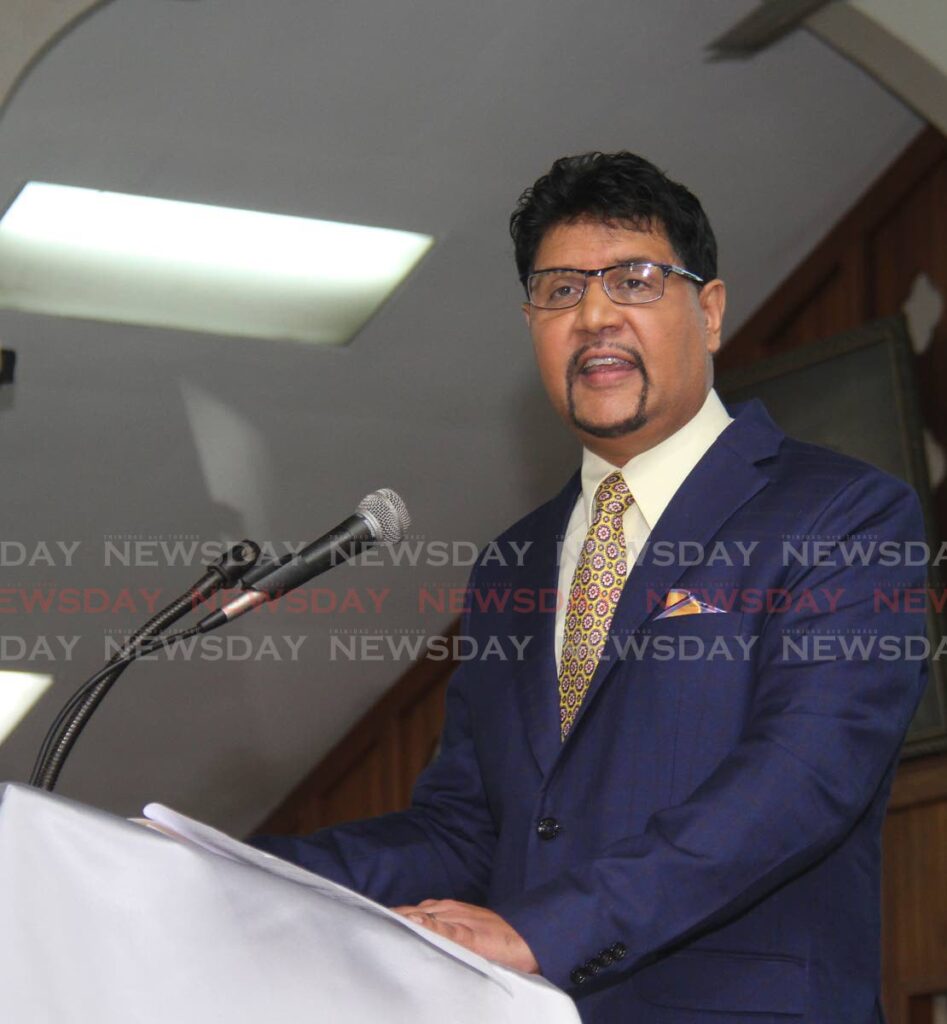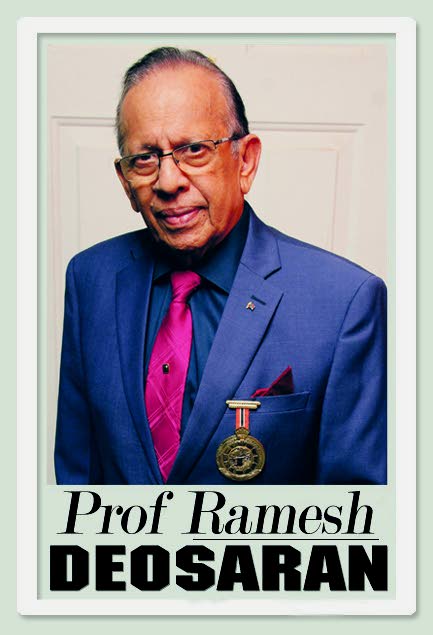The judge, Rowley and Kamla

Last week, crusading High Court judge Frank Seepersad, at the Citizen One Foundation Conference, declared, “Our ancestors’ paradise is in peril, crime is out of control, many are struggling to meet their basic daily requirements and there exists an unacceptable degree of divisiveness, dishonesty and disingenuous discourse.”
He added: "The Constitution needs to be relevant and relatable and the antiquated administrative and electoral processes which currently exist have to be replaced by efficient, effective and practical systems to reflect our unique plurality, facilitate ease of business, foster economic growth and curb corruption.”
While these noble objectives have been repeatedly advanced before, they now gain compelling value, given their source.
There are barriers. The politics and governments of this country have been largely driven by partisan perceptions. That is, which politician or official is perceived as credible, with integrity. In other words, a politician could speak or advertise as much as he or she wants: the bottom line is the partisan perceptions held by the electorate in this plural society. Hence our elections will be mainly fought on political credibility, integrity and corruption allegations.
The leadership challenge is therefore how to transform our political system into a more objective and less psychologically driven one.
Is this really possible, especially when flickering partisan perceptions get inflamed and even nurtured in code towards elections?
Transformation starts with good examples, not speeches. Can constitution reform help? Can proportional representation ease the adversarial pressure and dilute the “tyranny” of majority rule? Or does Westminster, like capitalism, suit society’s mentality? How can constitution reform create an “independent” President, Speaker or Senate President? Who will appoint them? And how?
How can constitution reform help reduce spite, discrimination and “bad-minded” politics? Local government reform is yet to deal with this question, especially in majority-controlled corporations. Constitution reform may be necessary, but not enough.
A lot still depends on the quality, credibility and personal integrity of the men and women we put in power, and the extent to which they could control the evil and corruption that may arise in their respective parties. It is becoming so that if a government does the “right things,” it is likely to lose the election.

The package of commission and committee reports totally shelved, for example, tells a sad story. Even criminology is paralysed without a facilitative political and economic environment.
Let’s hear our leadership perspectives. A few days before Justice Seepersad spoke, both the Prime Minister and Opposition Leader Kamla Persad-Bissessar spoke to celebrate Indian Arrival Day.
The comparisons are remarkable. Calling for “national mobilisation and collective effort,” Dr Rowley said: “To do otherwise is to be haunted by ‘ethnic ghosts’ and to perpetuate the agenda of those who among us who refuse to see hope – but instead fear, racial divisiveness hatred, bitterness, unrest and dissension.”
He added: “That thousands of (indentured) immigrants were managed under a system of criminal laws, designed to keep them under control. They however responded with strategies of solidarity and maintained their connection to their religion and ancestral culture.”
Judging from repeated public and academic narratives, Indians here still feel they have to fight “the system.” And many Africans also feel the same way.
This society is yet to come to terms with the realities of ethnic diversity. It remains a work in progress. The misunderstandings and misguided stereotypes must be discouraged by an attentive primary school curriculum.
Now hear Ms Persad-Bissessar: “Let’s stand together against any form of discrimination, prejudice or intolerance. Indian Arrival Day serves as a powerful reminder of the struggles, sacrifices and triumphs of our ancestors. They persevered, carrying with them a remarkable spirit of resilience and an unwavering determination. TT is no longer the strange and new land. Today it is our home. As Opposition Leader, I believe in the power of unity, inclusivity and social justice.”
Could constitution reform create this “power of unity” when the society is so inherently politically divided? Can we still have unity in essentials without losing political advantage? The Equal Opportunity Commission, the Integrity Commission, the Service Commissions, etc – so many of our institutions, as the judge noted, are on verge of collapse, if not severely handicapped.
Constitution reform? Maybe.
Meanwhile, we cherish a very independent and courageous judiciary.


Comments
"The judge, Rowley and Kamla"